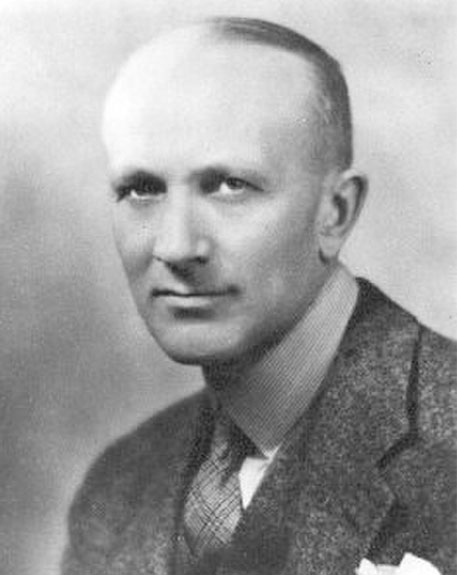2004 INDUCTEE John FitzGerald, MD PhD Infectious Disease, Allergy & Immunity, Leadership in Organizational Development
December 9, 1882
(Drayton, Ontario)
June 20, 1940
MD, University of Toronto (1903)
1931: Fellow of the Royal College of Physicians and Surgeons
1920: Fellow of the Royal Society of Canada
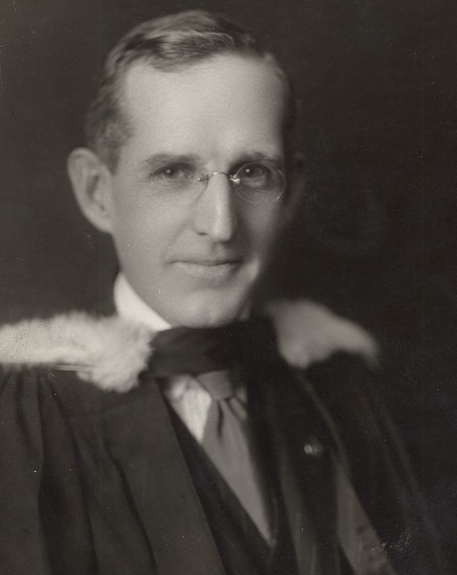
Established key institutions in Canada’s battles against infectious disease
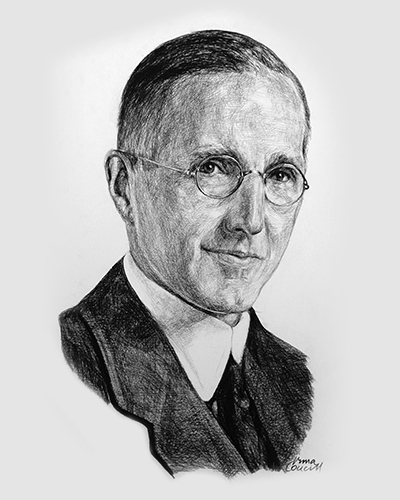
Founder of Connaught Laboratories and champion of public health
John FitzGerald was the eldest son of a pharmacist of Irish lineage. At age 16 he left home for the University of Toronto Medical School, graduating in 1903 as the youngest in his class. While Dr. FitzGerald began his career in psychiatry and neuropathology, the successes of scientists such as Louis Pasteur fueled a keen interest in bacteriology and the possibilities of preventive medicine.
In partnership with the University of Toronto, Dr. John FitzGerald founded the Connaught Laboratories in 1914 and later became the first director of the University of Toronto’s School of Hygiene. Together, the two institutions laid the foundation for provincial and federal health programs across Canada.
Key Facts
Manufactured the first safe, effective, Canadian–made rabies vaccine and diphtheria anti-toxin
Served as a member of the Health Committee of the League of Nations from 1930-1936
Served on the executive of the Canadian Public Health Association and the Canadian Medical Association
Professional timeline
Impact on lives today
Dr. FitzGerald’s extraordinary drive, dedication and foresight effectively led to the control of many deadly infectious diseases afflicting the health of Canadians. In so doing, he laid key pieces of groundwork for Canada’s contemporary public health system built on a research, education, and the production of universally available biomedical products. Today, his legacy continues through the Connaught Campus of Sanofi Pasteur, the largest biotechnology facility in Canada, whose research operations remain on the forefront of vaccine research.
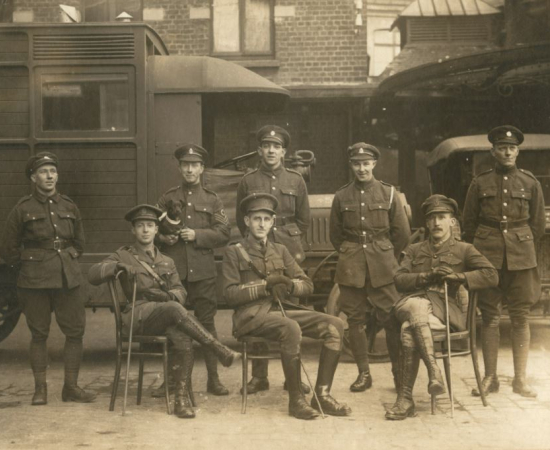
2004
-
John FitzGerald posthumously inducted into the Canadian Medical Hall of Fame
Ottawa, Ontario
-
A polio virus research program was launched
Infectious Disease, Allergy & ImmunityBy 1952, the Salk Polio vaccine was administered using the Connaught Lab’s synthetic non-allergic nutrient base, Medium 199.
-
The Canadian Government re-established its Venereal Disease Control Division
Infectious Disease, Allergy & ImmunityIt then called on Connaught Laboratories to produce penicillin for the treatment of infected military personnel.
-
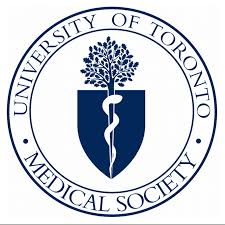
Dr. FitzGerald served as Dean of the University of Toronto Medical School
Leadership in Organizational Development, Health and Medical Education & TrainingAround the same time, he also became the first Canadian to be appointed a Scientific Director of the International Health Division of the Rockefeller Foundation.
-
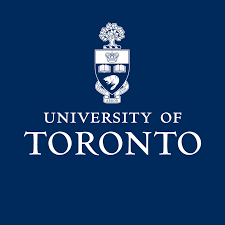
The University of Toronto created its School of Hygiene
Leadership in Organizational Development, Public Health, Health Promotion & AdvocacyAs the academic arm of the Connaught Laboratories, it became the first learning institution in Canada dedicated to public health and preventative medicine. Dr. FitzGerald served as its first director.
-
Connaught Laboratories began testing diphtheria toxoid
Public Health, Health Promotion & AdvocacyOver the next three years, Connaught Labs worked with the provincial governments to conduct field trials. Soon, Canada became a world leader of diphtheria toxoid development.
-
Insulin was discovered
Public Health, Health Promotion & AdvocacyDr. FitzGerald provided Banting and his team with access to Connaught’s facilities and research funding to facilitate insulin production.
-
Connaught Laboratories was established
Leadership in Organizational DevelopmentConnaught Laboratories soon became a world leader in vaccine production and, by 1920, all provinces were distributing a full range of Connaught preventive medicines to the public for free.
-
After medical school, Dr. FitzGerald pursued further studies that shaped his vision for Canadian public health
He travelled first to the Pasteur Institute in Paris and Brussels in 1910 and then went on to the University of Freiburg in 1911.
1910
He sought to effect change.
Additional Resources:
- The Miracle Factory that began in a Stable | Maclean's | October 1, 1955
- History of Connaught | Defining Moments Canada
- Connaught Toronto Vaccine History | Heritage Toronto | April 30, 2020
- CMHF Laureate biography - John FitzGerald

